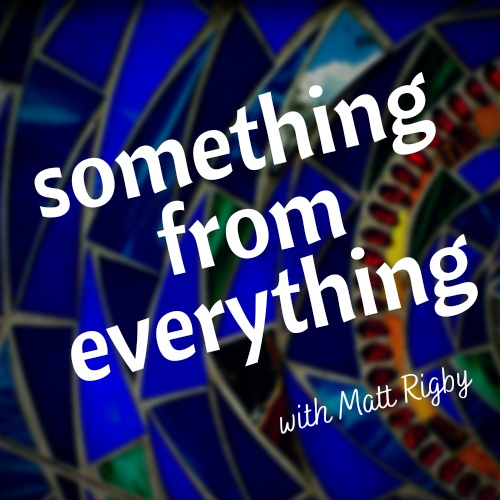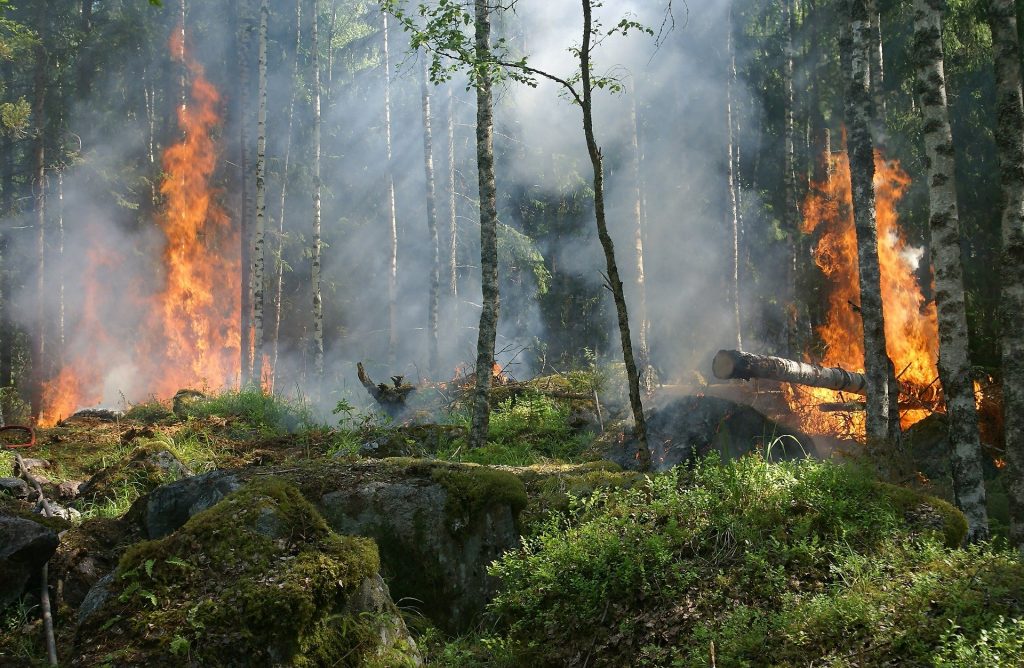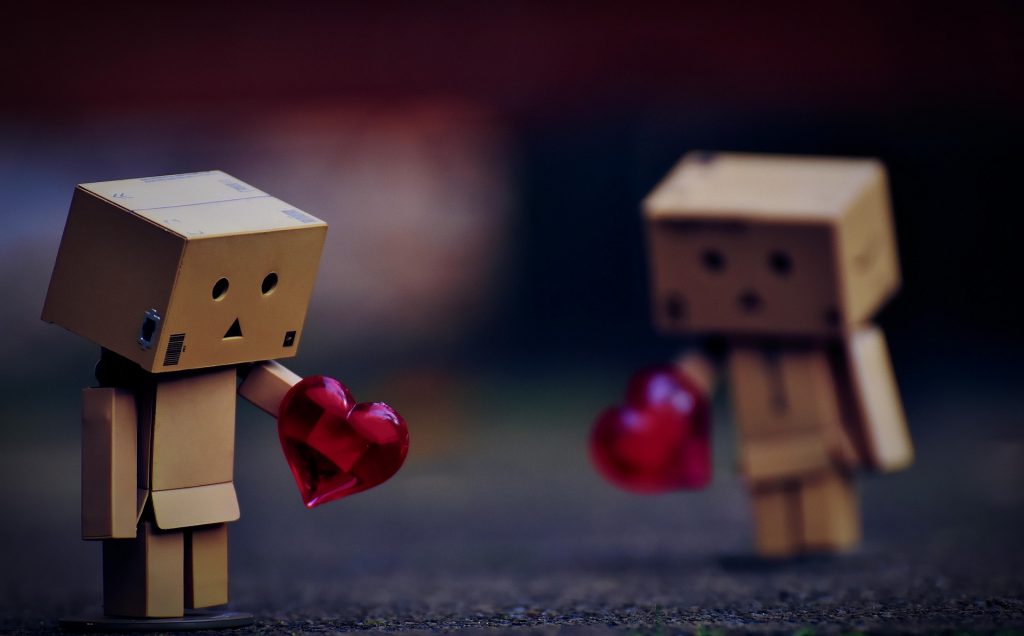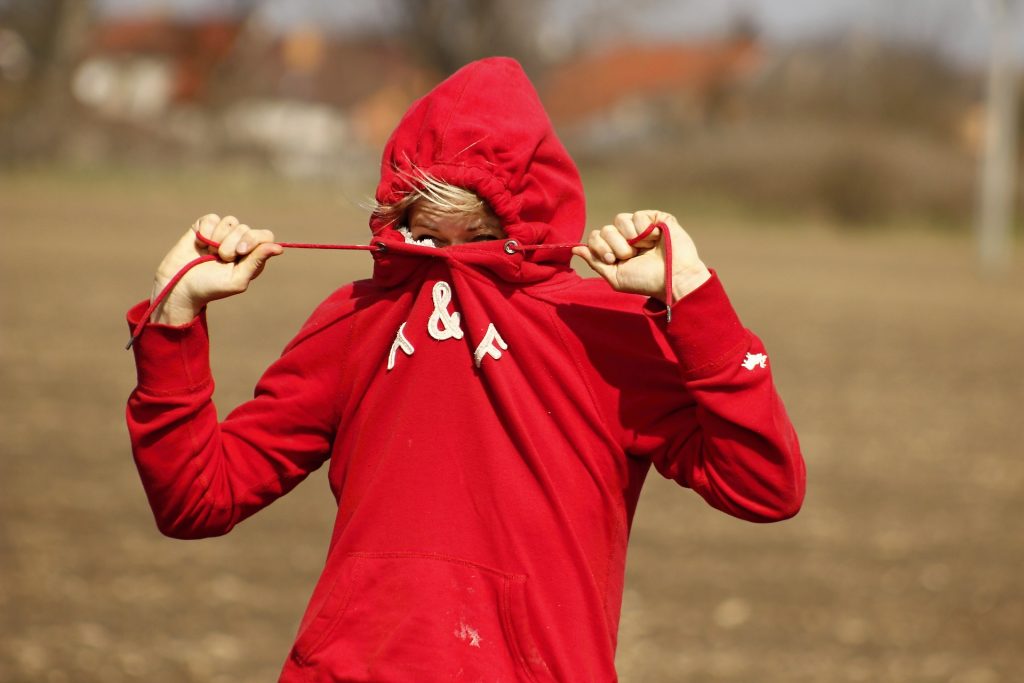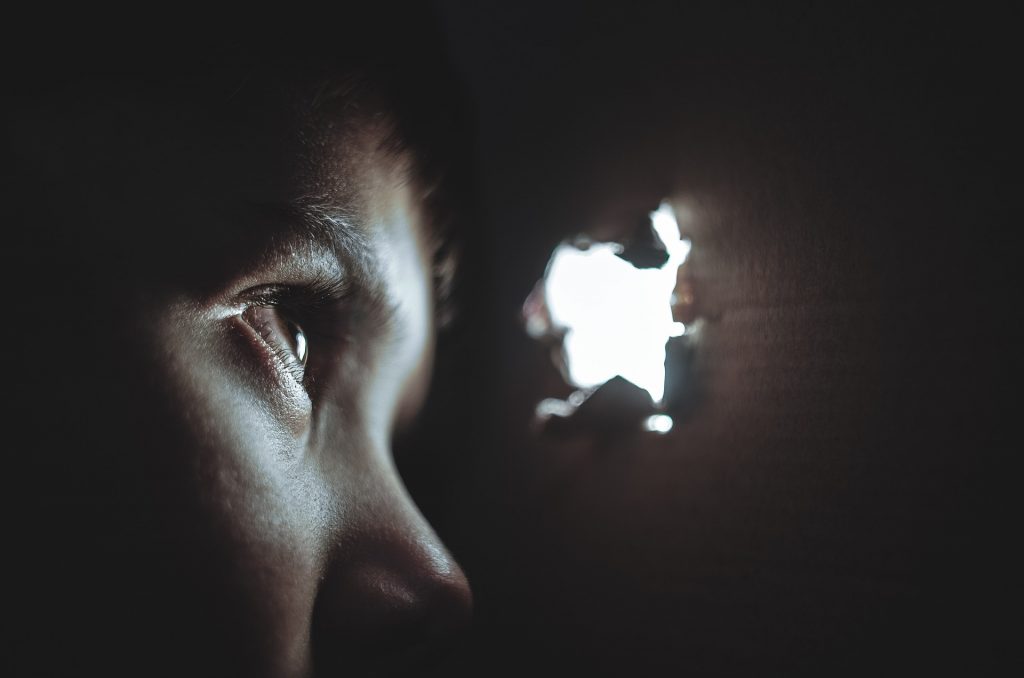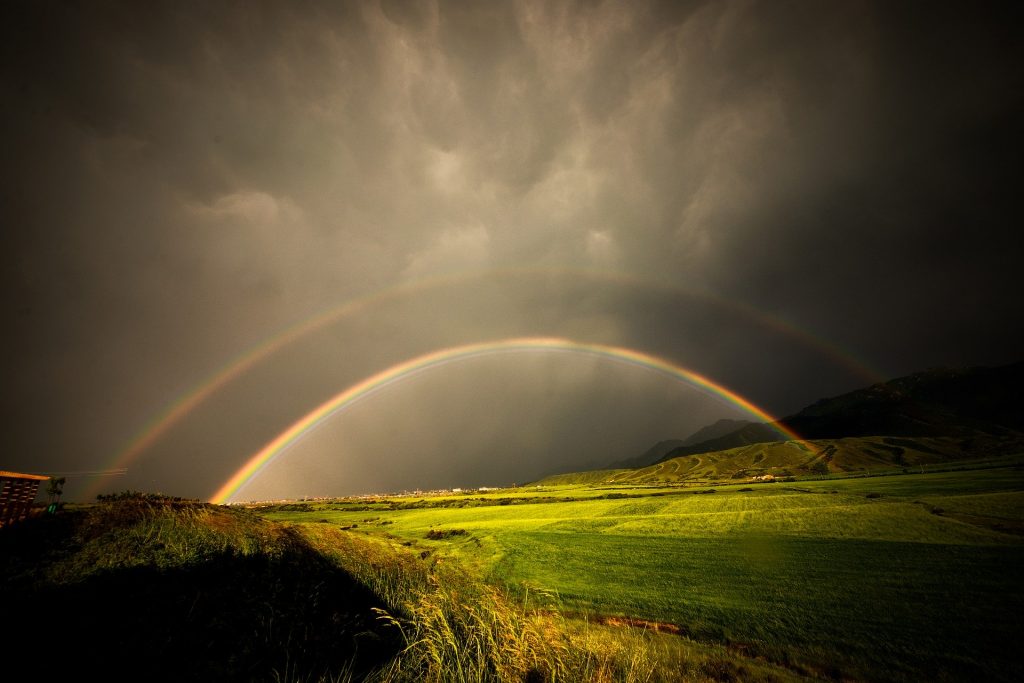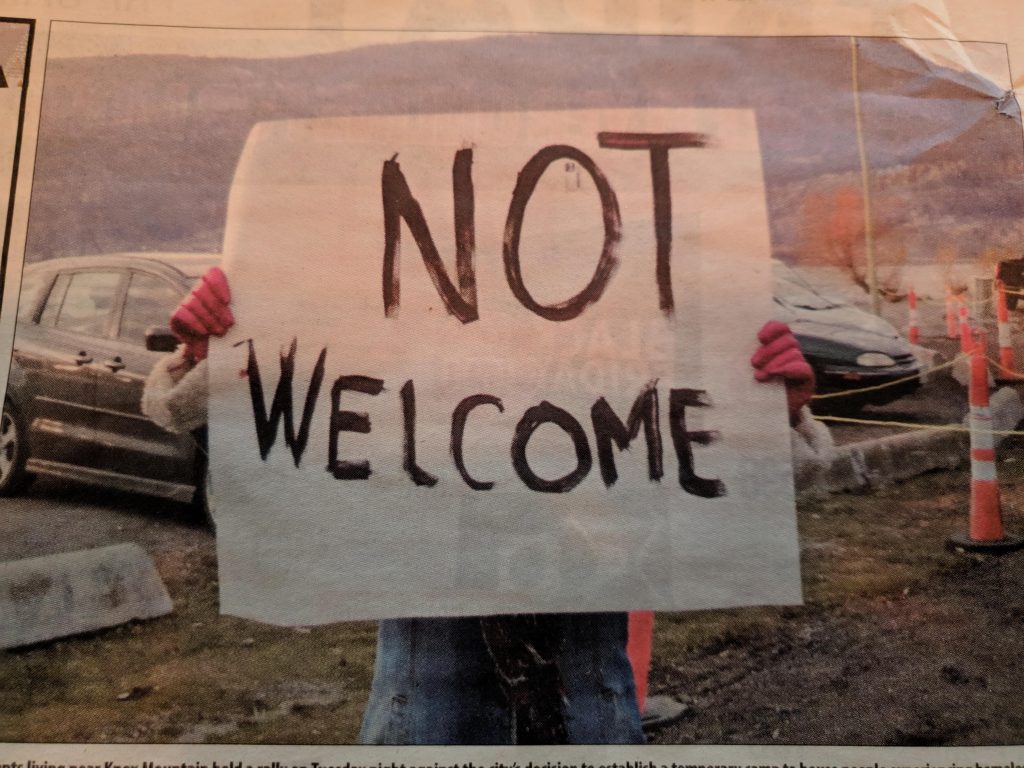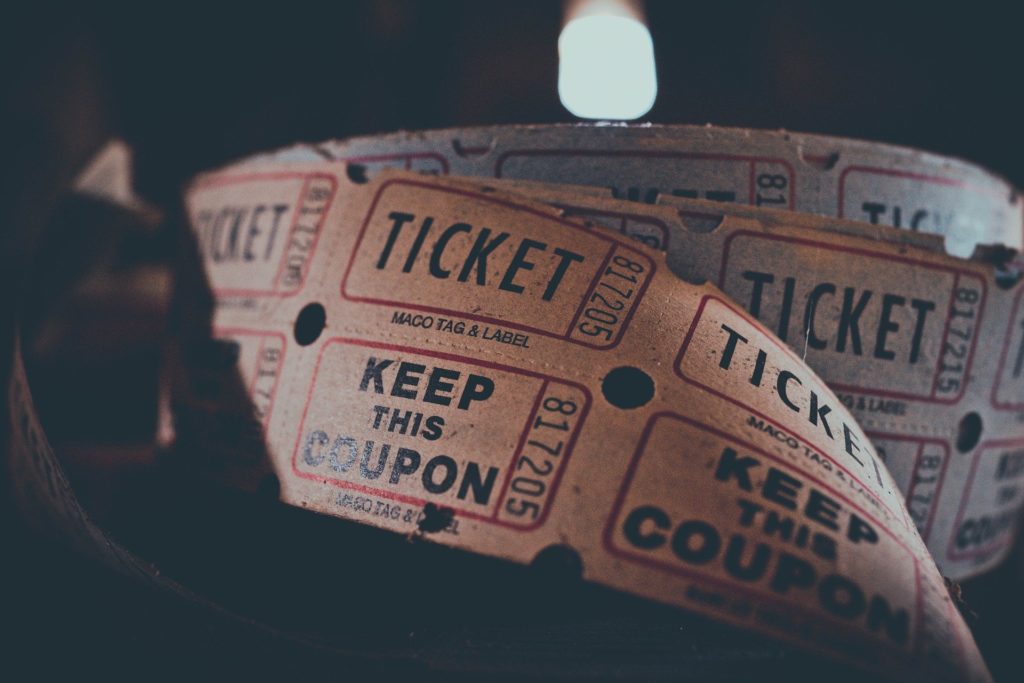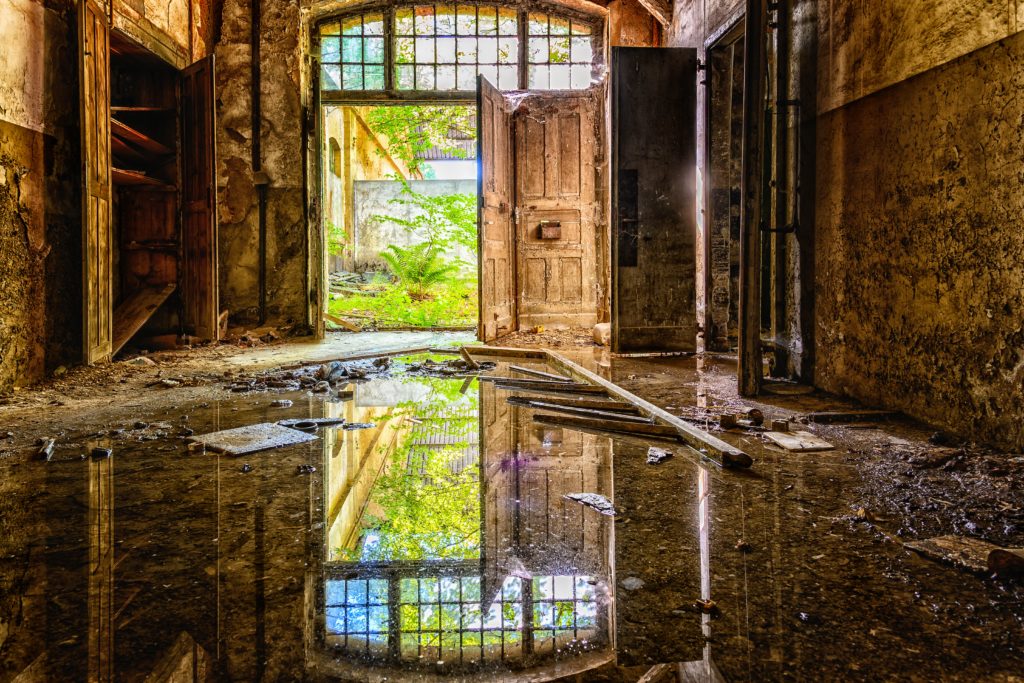
I recently encountered a very angry man.
That isn’t particularly novel these days. There are angry men (and women) everywhere. This particular man was at the grocery store. He was tall, well built, middle aged, and dressed casually. And as I steered my cart towards the produce section, the man abruptly stepped in front of me and yelled out: “THERE’S NO PANDEMIC! IT’S ALL B.S.!”
I was wearing a simple cloth mask that day, as I do whenever I am indoors in public. And this too was not novel. Many of us are wearing masks indoors, with a great number of stores advising or mandating it. And while the cloth mask offers some protection for the wearer, most understand that it is primarily a safeguard for others. A barrier to prevent us from unwittingly (and moistly!) breathing viral particles on grocery clerks and fellow shoppers alike when we come in close contact with them (as when someone unexpectedly pulls in front of you with their grocery cart).
Regardless of its simple or common appearance, my face covering seemed to incense the man.
Stunned by our initial encounter, I watched the man as he shopped. Everything about him appeared agitated, almost comically so. Items were thrown, rather than placed into his cart. He moved hurriedly and impatiently around the other shoppers. When we both arrived back at the checkout line, I watched him swear loudly at the wait, and then abandon his line for the self checkout. The man swiped his entire cart’s worth across the small scanner, breathing hard and sighing aloud each time an item required a cashier’s assistance. Incredibly, the man had chosen not to purchase any bags and instead attempted to pile his full grocery cart’s worth on the small scale beside the scanner, so that items were continuingly falling to the floor. And then, because truth is stranger than fiction, the scanner malfunctioned, and the man was forced to wait as the (unfortunate) grocery clerk assisted him to re-ring in his entire order.
And then, with the eyes of every patron and employee of the store on him, he disappeared. And we all breathed a sigh of relief. I had been watching the man with great interest, but also wariness. Being near him felt like being near a dog who faintly curls his upper lip in a snarl, exposing his teeth.
This was an angry man. But he was not the only one. I was angry, too.
From the moment he yelled out, I was angry. Annoyed at his brazen ignorance. Resentful of the space he occupied around him, how he demanded that every other shopper be wary of him. He was the second stranger in less than a week who had derided me for wearing a mask indoors, and I was furious that a piece of cloth has become so divisive. Angry that we are still here, still arguing the legitimacy of a pandemic that changed our world completely, which has injured and killed hundreds of thousands (yes, even if they had pre existing conditions…).
But I was also angry before I met this man. For months now I have noticed a low grade irritability within me. An agitation stirring just below the surface. A readiness to be annoyed or incensed. As if I am constantly and consistently being squeezed, just a little tighter than the moment before. It shows itself as a little less grace for those who frustrate me. Even the occasional outburst at those whom I feel safest with and love the most.
If you had asked me why I have been feeling so agitated and irritable, so prone to outbursts, I don’t think I could have told you a specific reason. And had someone asked the tall angry man in the grocery store why he was so irate, he might not be able to articulate what he was so angry at either.
That is how anger works. Anger is like a fire. It builds until it ignites, and as it grows it becomes harder to contain, searching wildly for any fuel that will sustain it. The flashpoint may be specific, but the fuel is not. And in this moment, with so much that feels uncertain and beyond our control, there is fuel everywhere.
There is so much I don’t know about the tall man at the grocery store. But this much I do know: long before he stepped into that store and saw my mask, he had been squeezed by the same factors we all are. Whatever fears we harbour, whatever anxieties we carry, and whatever agitation and anger we bear are amplified in this moment.
That does not excuse poor behavior, of course. Empathy and understanding is not synonymous with acceptance. Swearing at strangers in public is not a defensible behavior from a grown man. He should know and act better. Likewise, when I find myself irritable and yelling at my own family for reasons I cannot pinpoint, I should know and act better, too. Each of us is responsible for our actions, and our reactions, regardless of the stress we currently find ourselves in.
And our stress will increase. As tested and stretched and squeezed as everyone has already felt amidst this pandemic, the coming fall and winter seasons will feel tighter.
There are many things we can expect to squeeze us. Viral cases will continue to rise. Face to face visits will decrease as smoke and colder weather decreases our ability to gather outside. Financial hardships will increase as many businesses struggle to stay afloat in a limping economy. Repeatedly we (and others) will have to decide between safety and liberty. We can expect to know someone who is infected. We can expect outbreaks in our workplaces and schools. We can expect our children to be sent home from school or daycare for weeks at a time with sniffling noses and coughs that have nothing to do with Covid; and we can expect to worry for them as we await intrusive test results.
And we can expect to feel it all. We can expect to feel apprehensive, anxious, frustrated and angry. We can expect to see other’s feeling the same. Sometimes all in the same day. Sometimes all within the same grocery store trip.
If this sounds like fear mongering, I promise you it is not. This is mental preparation, and preparation is a gift to the aware and the alert. If we knew that the temperature was dropping, we would bring out warmer clothes. If we knew there was a famine coming, we would store up food. And the one thing we know there will be a shortage of in the days to come, is grace.
So let’s stock up now. Let’s decide to be gracious, now. Even if we do not know the specific ways the months ahead will stress us, we can all expect to be squeezed. It would be dangerous to blindly deny all the turmoil we carry within us, and stresses that the upcoming days may bring us. And it is too much for us to expect that we will never be anxious, irritable or angry. So instead, let us be gracious, both with ourselves and others.
Gracious with our stressed out spouses and children. Gracious with our public health officers. Gracious with our children’s teachers. Gracious with those working in our hospitals. Gracious with those grocery clerks assisting us through malfunctioning self checkout scanners. Gracious with even those who are angry and at their worst. And perhaps they will return grace to us, when we need it most.
And if that sounds a little like how masks are supposed to work… well, it’s not a coincidence.
